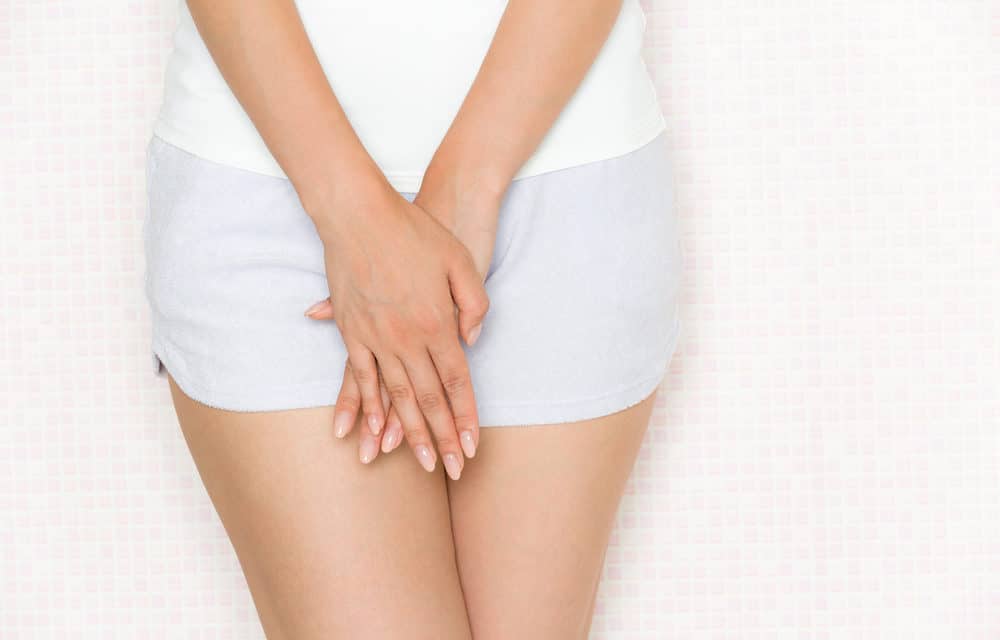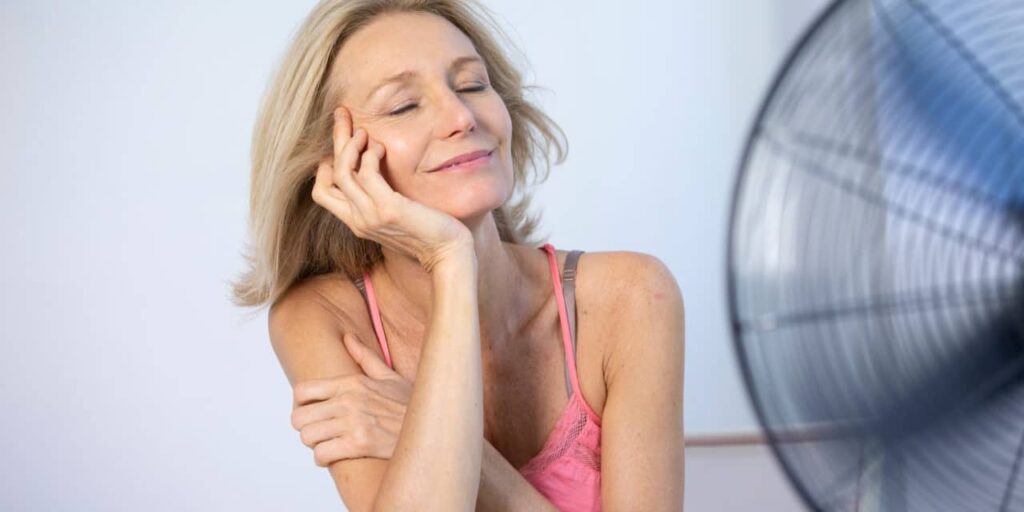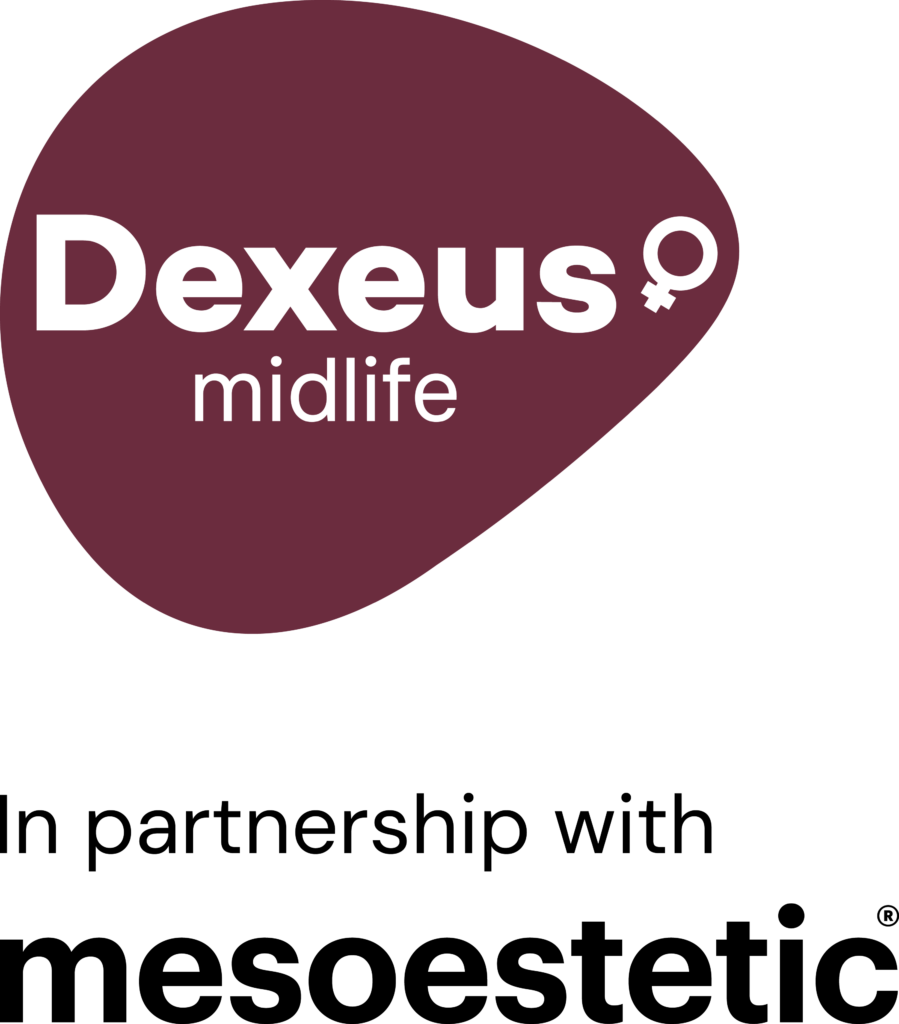At first glance, the name may surprise you, but it is not a fungus or related to the vaginal microbiota. Vulvar lichen is a skin condition that usually affects the genital area. There are three different types: lichen simplex, lichen sclerosus and lichen planus. The first is a chronic skin condition that occurs due to repeated rubbing or scratching of the skin. The other two are chronic inflammatory skin conditions and can affect women of any age.
Until a few years ago it was a condition that was not well known, but now it is, and it is currently possible to obtain good symptom control if the appropriate treatment is applied.
Importance of the diagnosis
The problem is that it often takes time to carry out the diagnosis because the symptoms are quite non-specific, and it doesn’t always get checked out. However, it is important to diagnose it as soon as possible, as it can cause skin thinning and lead to the onset of fissures, discomfort in urination, loss of sensitivity in sex and even anatomical changes. The reason is that the skin of the labia minora becomes increasingly thin, so it can give the sensation that they merge or disappear and cause structural changes. Therefore, it is important to have regular gynaecological check-ups and to see to the gynaecologist for the smallest symptom. But how is it detected? And are there any symptoms that can alert us?
Dr Nuria Li, a gynaecologist at our clinic and specialist in Cervical Pathology or the lower genital tract, responds to these questions and other frequent doubts about this problem.
What causes it?
The exact cause is not actually known. It is believed that it may have a multifactorial cause: genetic, immunological, hormonal…. There have been some cases indicating a family predisposition (mother-daughter, sisters, etc.) and in some women it is associated with other autoimmune diseases. But the origin is not infectious, it is an inflammatory skin condition.
What symptoms can alert us?
The symptoms are quite non-specific, but the main one is usually vulvar itching, which can be accompanied by a feeling of burning, stinging or irritation. It often presents itself in the evening (at the end of the day) and if the itching is intense, it can interfere with sleep. If symptoms persist, they can cause discomfort or pain during sex and the onset of fissures. Over time, sensitivity in the vulvar area may also be altered. Skin changes can occur such as irregular spots, thinner and paler skin, becoming more fragile and thinner. Lichen sclerosus can also affect the anal area and other parts of the body, such as the back, shoulders, upper arms and chest.
Is it contagious?
No. The condition cannot be spread through contact, sex or sharing towels.
Can you have it at any age?
Yes, though it is more frequent after menopause. Lichen sclerosus may occur in prepuberty (before the first period) and in the transition to menopause, which makes us think that it may have some relationship with hormonal factors. Lichen planus, however, mainly affects women during menopause.
How is the diagnosis established?, Do you have to take a special test?
In general, the diagnosis is clinical through physical examination, but it is always important to go to a clinic with a medical team specialising in vulvar pathology. In some cases, a biopsy may be required.
What solutions are there?
The first-choice treatment is the use of topical corticosteroids (creams or ointments) and vulvar moisturisers in the form of gel, cream or oil. Sometimes it may also be necessary to apply a local oestrogen treatment.
For some years, there have been treatments focused on tissue regeneration, which can be used as second-line treatments or as supplements to first-line treatments. At our clinic we have a Unit specialising in Regenerative and Functional Gynaecology where these treatments are applied and offer very good results, such as carboxytherapy, laser or Platelet-Rich Plasma (PRP) that can be combined with hyaluronic acid.
Is it necessary to carry out follow-ups?
Yes, regular follow-ups are required, as it is a chronic skin condition and may have a fluctuating course with outbreaks occurring over time and that require modification of the treatment regimen. In addition, poor control can be a risk factor for the onset of vulva cancer precursor lesions.
Can it be cured?
It does not have a cure, but it is possible to stop it from progressing and control the symptoms. In general, if well controlled, a completely normal life can be led.




